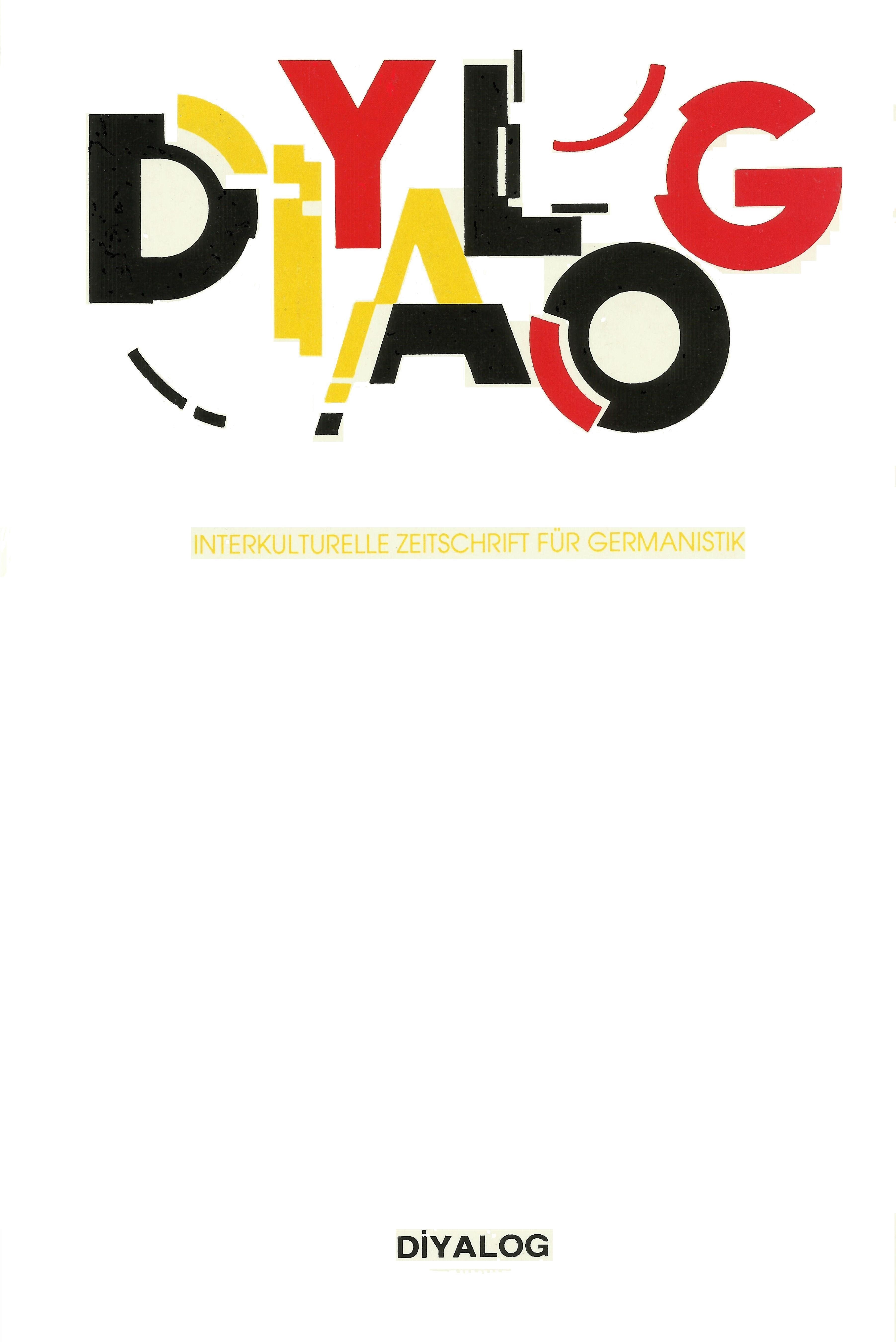Nibelungen ve Odysseia Destanlarında Eve Dönüş Miti
Edebiyatın sayısız kavramları ve motifleri vardır. Edebiyatı edebiyat kılan da bir bakıma bu temaların, motiflerin ilkin edebi eserlerde görünmesi ve sonra da bunların yeniden ele alınmasıdır. Aşk, ihanet, kardeş katli ve öç alma gibi bir yığın insanlık durumu tarih boyunca edebiyatın teması haline gelmiştir ve gelmeye de devam edecektir. Adem’in cennetten kovulmasından milenyuma kadar eve dönüş motifi de sadece edebiyatın değil, felsefenin, sosyolojinin ve sosyal bilimlerin sıklıkla işlediği temalardan biridir. Hele de Homeros’un “Odysseus” ve Almanların anonim “Nibelungen” destanlarında bu motif bir laytmotiftir. Hatta “Odesa” ismi daha sonraları eve dönüşleri imleyen genel bir kavram haline dönüşmüştür. Bu çalışmada Nibelungen ve Odysseus destanlarında ortak olan eve dönüş miti ele alınmıştır. Kahramanların dünyevi dert nedeniyle, bazen yıllarca süren vatan için kaçınılmaz savaşlardan; bazen ise gönül ilişkilerinde, kendilerine bir yaren, bir eş arama derdinden uzun yolculuklara çıkılır ve sonra da eve dönüşün zorlu yolları bir destansı geri dönüş izleğine dönüşür. Çalışmamızda eve dönüş teması eşliğinde sadece bu destanları ele almadık, eve dönüşün farklı farklı hallerini, bugüne dek edebiyattaki görünümlerini de işledik.
Anahtar Kelimeler:
Homeros, Odysseia, Nibelungen, Eve Dönüş, Destan
The myth of return home in the Nibelungen and Odysseia epics
Literature has numerous concepts and motifs. What lies at the core of literature is the appearance of these themes and motifs in literary works first, and then, the reconsideration of them. A great deal of human acts such as love, betrayal, fratricide and revenge have become the themes in literature throughout the history. Since Adam’s expulsion from heaven to the millennium, the homecoming motif is not only used in literature, but also commonly in philosophy, sociology and social sciences. This motif is a leitmotif in Helle de Homer's “Odysseus” and German anonymous author’s “Nibelungen” epics. Moreover, the name “Odessa” has become a general concept that signals the returning home. In this study, the myth of homecoming, which is common in the epics of Nibelungen and Odysseus, is discussed. Because of heroes’ material troubles and inevitable wars, which occur to defend the homeland, that might last years, the heroes are sometimes looking for love affairs to search for a wife or partner, with whom they go on long journeys, and then, the tough way to get home turns into an epic return. In this study, we did not only deal with these epics in accordance with the theme of homecoming, but also with different aspects of homecoming and their appearance untill contemporary literature.
Keywords:
Homer, Odysseia, Nibelungen, Return to Home, Epic,
___
- Frenzel, Elisabeth (2008): Heimkehrer. In: ders. [Hrsg.]: Motive der Weltliteratur. Ein Lexikon Dichtungsgeschichtlicher Längschnitte. Stuttgart: Kröner, (= Kröners Taschenausgabe; 301)
- Rilke, Rainer Maria (2010): Malte Laurids Brigge’nin Notları, s.165 içinde: Cumali Yeşil, Rainer Maria Rilke’ nin “Malte Laurids Brigge’nin Notları“ Adlı Eserinde Ruhbiyografisi, Atatürk Üniversitesi Sosyal Bilimler Enstitüsü Alman Dili Ve Edebiyatı Anabilim Dalı, Doktora Tezi, Erzurum-.
- Propp, Vladimir (2008): Masalın Biçimbilimi, çev: Mehmet Rifat-Sema Rifat, Türkiye İş Bankası Kültür Yayınları, İstanbul.
- Vogelpohl, Wilhelm (1966); Deutsche Dichtung. Eine Darstellung ihrer Geschichte, Ernst Klett Verlag, Stuttgart.
- Rautzenberg, Markus; Schiffers, Juliane (Hg.) (2018) Ungründe. Potenziale prekärer Fundierung. Wilhelm Fink Verlag, Paderborn.
- Nibelunglar Destanı (Anonim), çev: Bilge Umar, Yapı Kredi yayınları, Kazım Taşkent Klasikler Dizisi, İstanbul.
- Homeros (1984): Odysseia, çev: Azra Erhat, A.Kadir, İstanbul
- Keleş, Nejdet (2010): Nibelunglar Destanı, Bozkır Yayınları, Erzurum.
- Ercan, Cemile Akyıldız (2012): “Odysseus ve Yolculuk Mitosu”, içinde: Hüseyin Köse, Flanör Düşünce, Ayrıntı Yayınları, İstanbul.
- Özel, İsmet (2016): Erbain. Kırk Yılın Şiirleri, Tiyo Yayınları, İstanbul.
- ISSN: 2148-1482
- Yayın Aralığı: Yılda 2 Sayı
- Başlangıç: 2003
- Yayıncı: Germanistler Derneği
Sayıdaki Diğer Makaleler
Seyahatname Çevirilerinde Yanmetin Olgusu
Uzaktan Eğitim ve Yabancı Dil Öğrenme Özerkliği
Nibelungen ve Odysseia Destanlarında Eve Dönüş Miti
Hertha Kräftner’in Bir Meleğin Yakarışı ve Rainer M. Rilke’nin Duino Ağıtları’ndaki Melek İmgesi II
Mutlu ER, Sibel BARAN, Max Florian HERTSCH
Alman Dili Edebiyatı Bölümü Öğrencilerinin Kariyer Planlarının Tespiti
Ahmet Uğur NALCIOĞLU, Hüseyin KEMER, Muhammet Arif AVUKLU
Hasan Kayıhan’ın “Gurbet Ölümleri” Adlı Romanında Yabancılaşma
